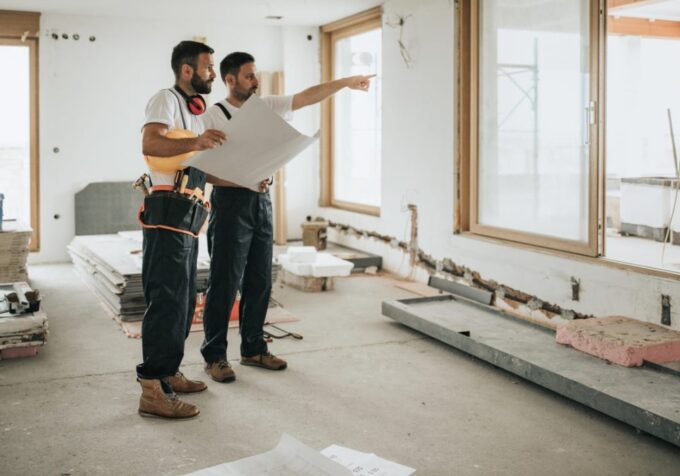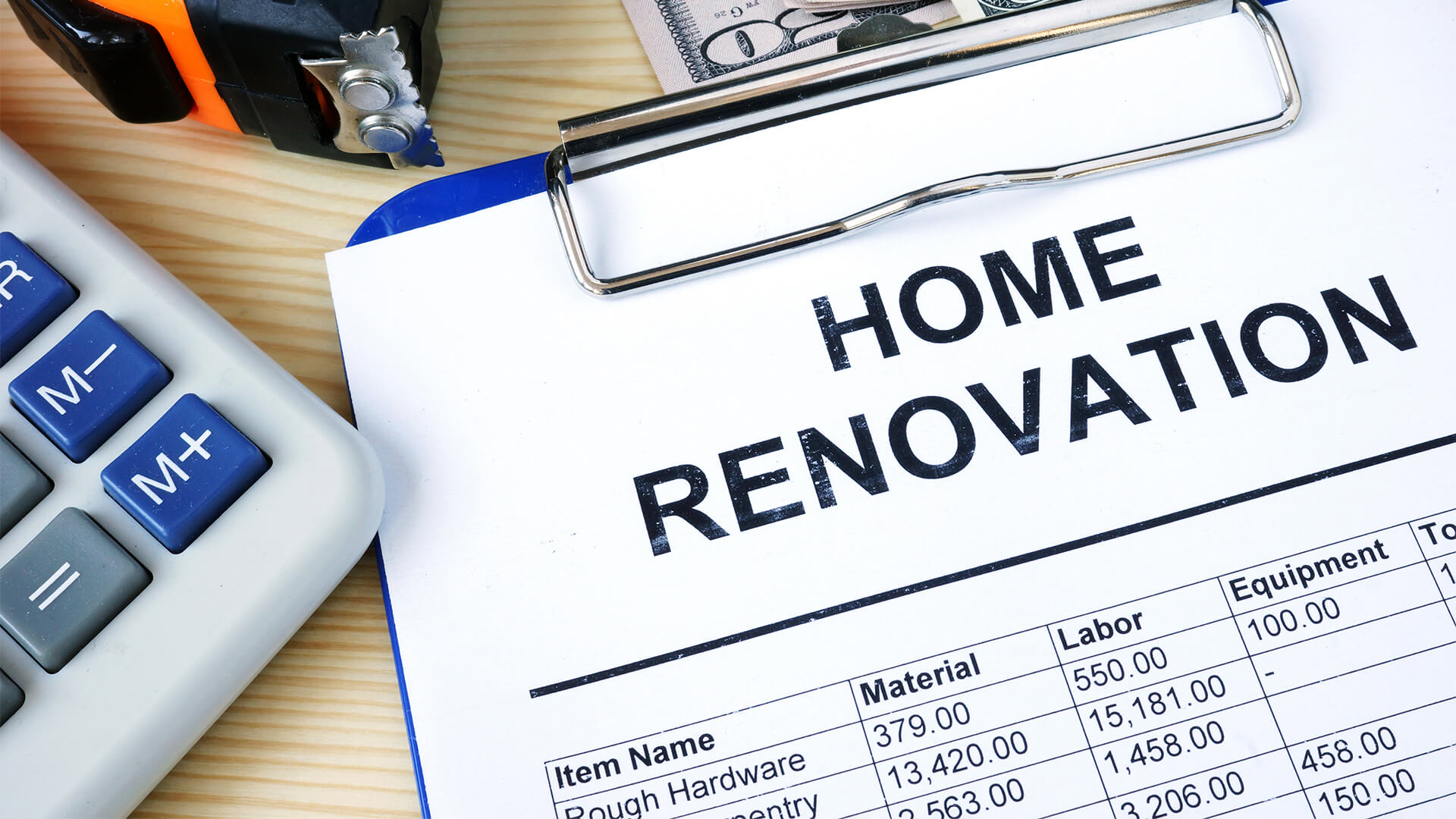Renovating a home comes with a headache. Most of it is caused by the fact it takes a strain on everyone’s budget. Making drastic changes to your living space costs money, as you probably already know. It also comes with a lot of emphasis on the organization. You need to be well organized above all else.
If you’re not, there’s not much even money can do. Broken deadlines and lousy installations can await you at the end of this hard road. So, you get the point, be organized, and have a valuable budget to cover all ideas you might have and all the work that needs to be done.
While these might seem like straightforward pieces of advice, they’re not as easy to follow. Often, when you renovate, the budget can be broken, as most people usually go over the top.
Furthermore, much effort needs to be put into finding the right contractors. And even then, some of the work could end up on your back and shoulders. So, to avoid any nuisance, the best thing you can do is to plan your budget the right way. Now that you know this, let’s talk about how much you should budget for a complete home renovation.
How Much Could it Possibly Cost?

Here, we’re going to talk about average prices. We’re not all-seeing, and don’t have Precognition like those guys from Minority Report, so a blunt estimation of the cost of your project can’t be made right now, so average will have to do. You should know that an average American spends $13,000 on his house renovation.
Unfortunately, the prices soared up due to the COVID-19 pandemic, and at the same time, fewer people decide to renovate their homes at this moment. Financial strain is real for many families, and most of those who want to put a new face on their homes will do that when the situation stabilizes. It’s not unusual for people to be careful with the finds during these uncertain times.
Because of coronavirus, many people opt for do-it-yourself work rather than contracting professionals. Now, the average is set at $13,000, but your renovation can go over or be under. In any case, you need to be well prepared. Also, it does matter if you’re doing the whole house or only parts of it. Another aspect to think about is how much to invest in each department.
It is recommended that you focus the majority of your funds on the kitchen and the living space, but not more than 30% or 35%. Places such as bathrooms or windows, patio, or standard bedrooms should be well under 10% of your budget. Another thing you should know is that if you’re doing the heavy lifting in your basement it can be quite costly, so have this fact on your mind.
What is Seen as Healthy Spending on Home Renovation?

There’s a place where you should start thinking about this. We’re talking about your home, of course. First of all, you need to be realistic about the true value of your home. While doing work on your living space is great, you should be careful not to invest too much.
It is believed that it’s not wise to put up more than 15% of your house value into the renovation. Now, don’t be afraid, we’re not talking about the whole house, but about a single room. It doesn’t matter if it is the kitchen or basement, do not put more than 15% of your entire house value.
If you go over this percentage you’ll find yourself in a pinch when it comes to the valuation of your home. You’ll feel like it’s worth more now, but that won’t be the case, as the value won’t change due to your overspending. If you want to have everything under control before renovating, good people from foyr.com might help and even give you some amazing ideas.
Methods of Payment

Well, as you know, there are many ways to go about this. This is the world of crediting and all sorts of loans are available, but none of it is our first recommendation. The best route to take when it comes to home redecorating is to pay all of it in cash. This is the smartest approach you could have, and we sincerely hope that you’ll listen to us.
There are plenty of other options, as we said, but most of them will get you in debt. These days people often opt for choices such as home equity loans or home equity line of credit. While this could help you resolve your issues surrounding the renovation, it’s not the smartest move.
We can’t stress enough how vital it is not to take this route. This is not the NFL, we’re not talking slant routes, and you’re not Michael Thomas of the New Orleans Saints. When you pay for home renovation in cash, the figure you’ll part with remains clear. There’s no debt, and most of all there’s no interest. The worst part is that you’ll be paying for renovation for years if you take a loan for renovating.
Also, if you already have any kind of debt, or are repaying a loan, you shouldn’t go through the stress of renovating a home. Even if you do, be sure to put some money on the side, as chances are that you’re going to need it. Renovation is full of surprises, and we need to tell you that some of them might be quite negative. When paying in cash, you know where you stand and the ground is solid.
If your funds run out, you can stop the work, and continue on a later date without having the stress of having to repay a loan. Imagine a situation where you didn’t complete all the work you wanted, but the money you had from the loan drained out? The work stops immediately but the monthly payment will still be there. So, be smart, save upfront, and make sure that you pay for renovations in cash. It’s the only way to retain complete control over your renovation process.









